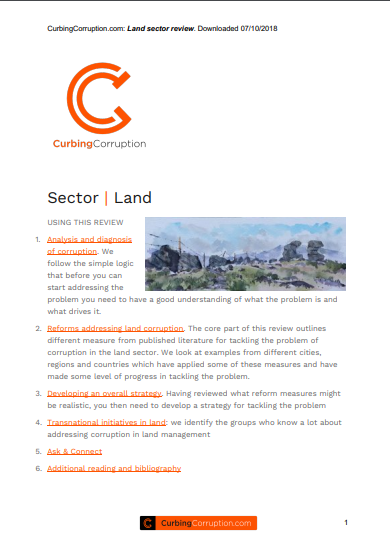Liberalisation and the Debates on Women’s Access to Land
The reform of land tenure institutions is now back on the national and global policy agendas. While at a certain level of generality the principle of gender equality in access to resources, including land, has been endorsed by a diverse range of policy actors, there are many tensions and ambiguities likely to obstruct women’s effective access to land and its contribution to decent livelihoods. There are important questions about liberalisation policies vis-a-vis land, given the well documented difficulties that low-income women in particular face in accessing land through markets.











